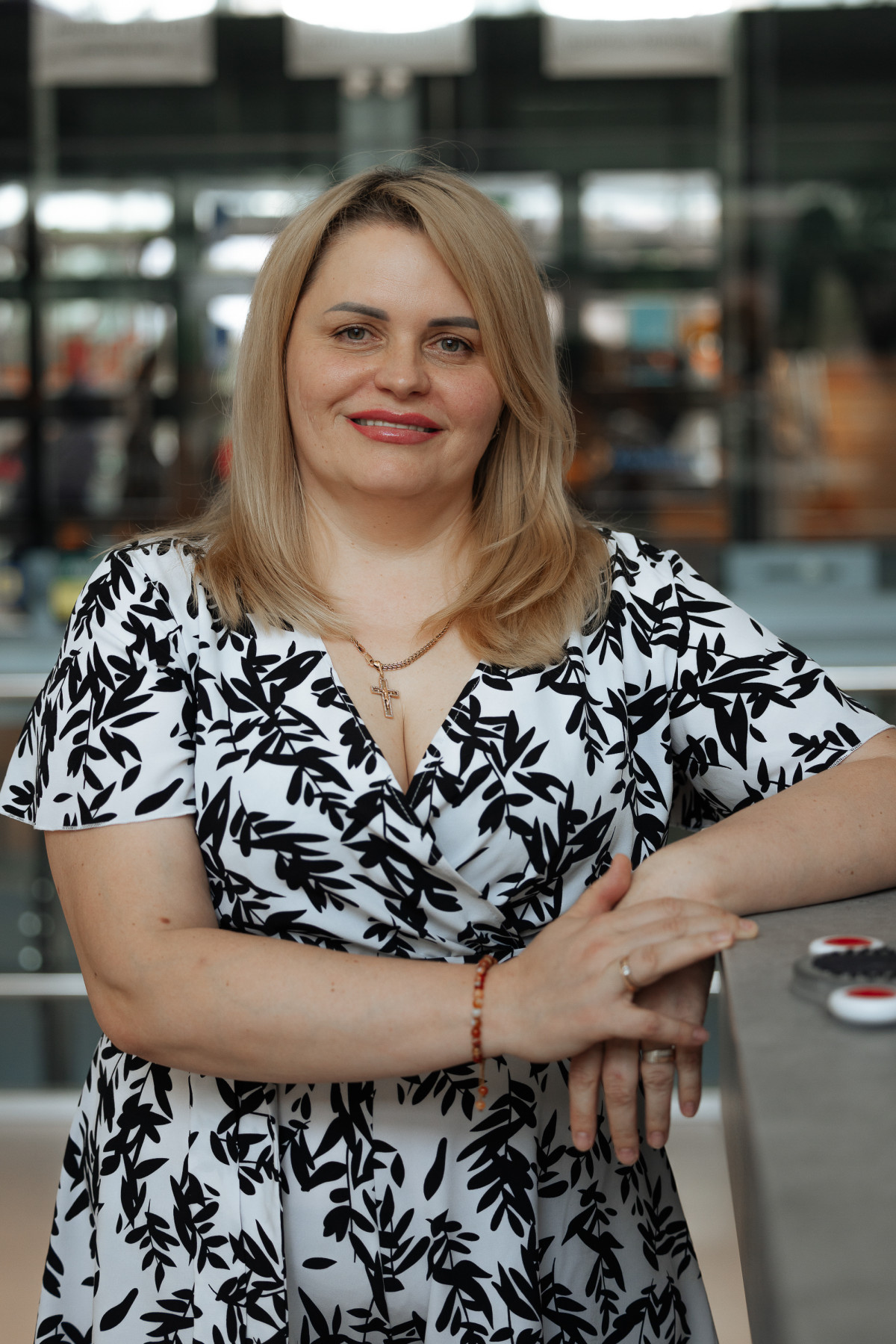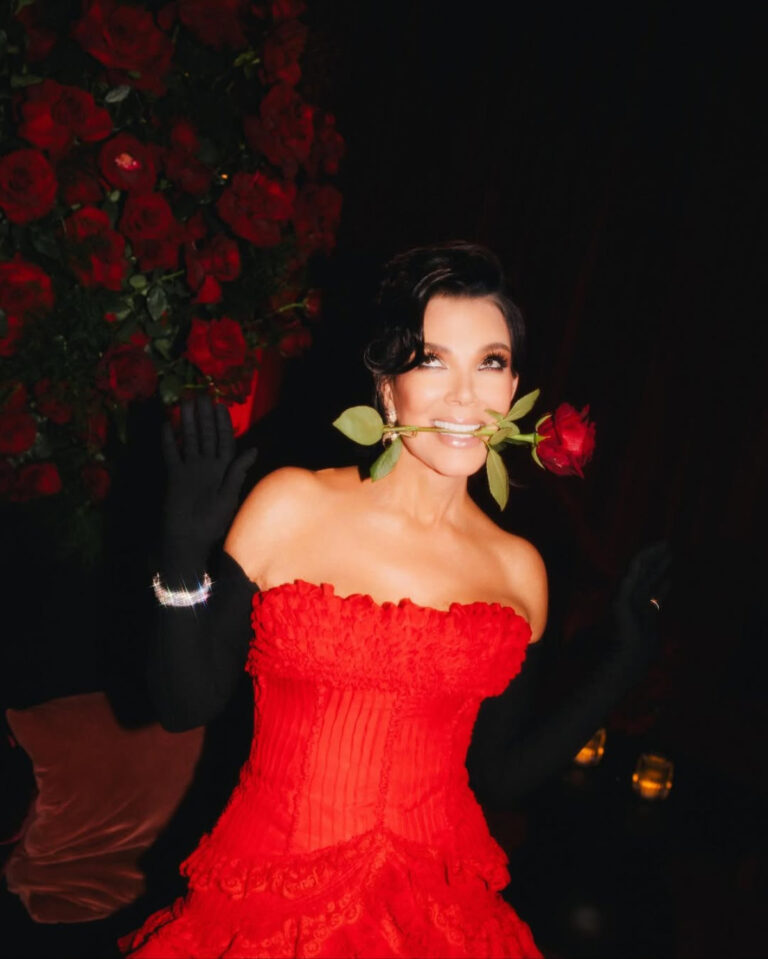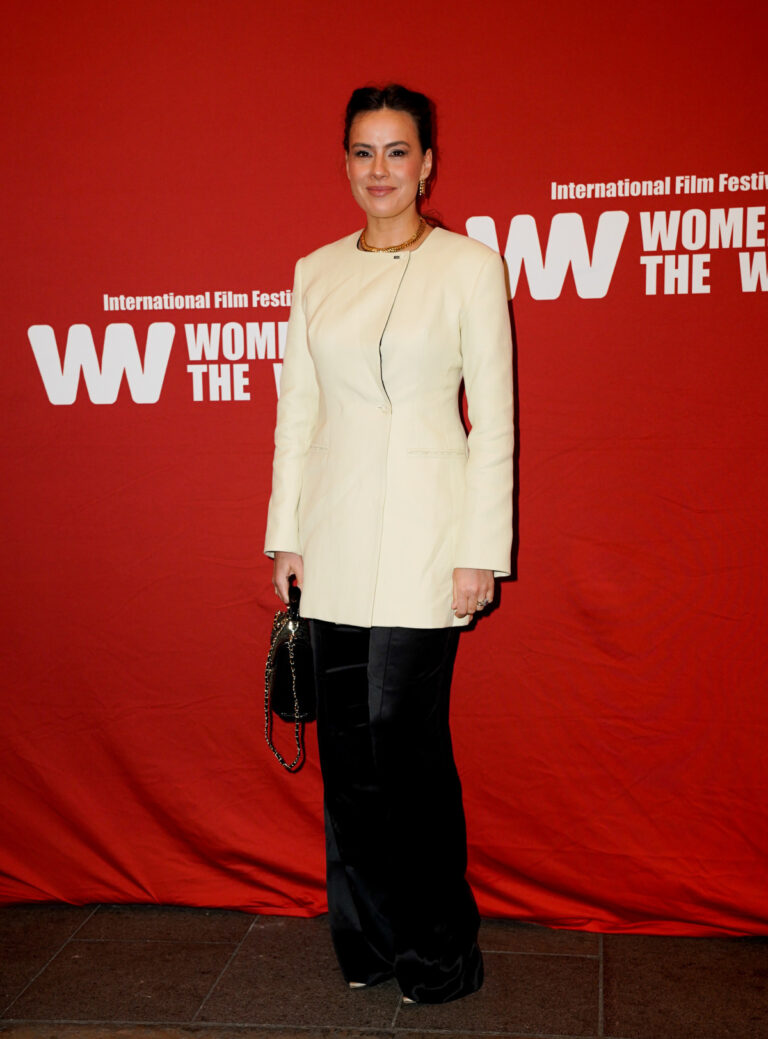ELLE.UA’s exclusive project exploring existence beyond prosthetics
Following the onset of the large-scale incursion, the matter of inclusivity within Ukrainian society gained heightened significance. Numerous individuals—both military personnel and civilians—sustained injuries due to Russian aggression, yet they preserved their resolve and yearning for an active lifestyle. Simultaneously, notable transformations have transpired in Ukraine’s rehabilitation sector: cutting-edge prosthetic facilities are being inaugurated, teams of multidisciplinary experts are engaged, and reconstructive surgical procedures are advancing.
However, recuperation encompasses more than merely the medical dimension. It entails a return to a comprehensive social, vocational, and cultural existence—equally enriching as before the trauma. This is grounded in the encouragement and integration that are becoming distinguishing traits of a progressive society.
ELLE Ukraine firmly believes that integration commences with transparency and compassion. Thus, we initiated the distinct venture “Architecture of Support” – an assemblage of interviews featuring women who have undergone prosthetic fitting. These comprise narratives of healing and resilience; an intrinsic fortitude that remains unbroken.
Entrepreneur Tetyana Zaikina stood as one of the project’s central figures. En route to her shop in the village of Bilozerka, Kherson region, she and her brother encountered an enemy FPV drone strike on their vehicle. Tetyana suffered significant harm and the amputation of her left leg.
We engaged with Tetyana Zaikina at the Superhumans War Trauma Center, where she was finalizing her recuperation. By October 2025, the center’s personnel had aided over 1,500 Ukrainian combatants and citizens: furnishing them with state-of-the-art prosthetics, performing reconstructive operations on their faces and extremities to restore auditory function, and delivering all-encompassing psychological and societal assistance for a complete return to dynamic living. You can participate in bolstering Superhumans via the provided link.
In conversation with ELLE.UA, Tetyana Zaikina, displaying the characteristic wit of Kherson inhabitants, recounted her experiences during the occupation, the liberation of Kherson, and the path to wellness, while also recalling her jesting request for specialists to incorporate an anti-drone weapon into her prosthesis.
.jpg)
What did your life encompass prior to the full-scale incursion?
Prior to the wide-ranging invasion, I was a businesswoman: I possess a shop in Belozerka, close to Kherson, and I still maintain a café on the left bank, in the Iron Port.
Currently, the shop has sustained extensive damage. The café is a source of sorrow: everything was pilfered, shattered. We essentially possessed everything, and now we’re left with nothing.
Elucidate the era of Kherson’s occupation and your sentiments at the moment of its liberation? Were you amongst those who greeted the Armed Forces?
I endured the occupation, and I assert that it’s arguably preferable to forfeit a limb than to undergo occupation.
I encountered difficulties as I remained at the store, refusing to accept Russian rubles until the very end. “Kind” individuals submitted a report, approached me, escorted me to “a place beneath the ground floor,” and conveyed, in unambiguous terms, how to operate. I partially extricated myself, explaining that the merchandise was procured using hryvnias, and I would accept rubles upon initiating purchases with them.
Before the comprehensive invasion, the shop remained open until 10 p.m., whereas during the occupation, it closed at noon. This measure ensured the store’s preservation.
Within the occupation, freedom of movement was severely restricted. Initially, I declared, “Listen, our compatriots will arrive shortly.” Subsequently, two Russian riot officers from Khanty-Mansiysk, both married to Ukrainian women, remarked, “We comprehend, but we offer advice. The environment here differs. Dissatisfaction could lead to your disappearance, with no search initiated.”
During Kherson’s communication blackout, my companions and I would routinely drive to the embankment each morning to secure a connection. Returning home one day, I observed yellow and blue ribbons adorning our vehicle. I surmised, “My brother must have dared.” He then opens the window and exclaims: “Tanya, our people, our people are approaching!”
It transpired that he was traveling from Belozerka to me in Kherson, while our forces were advancing from the Mykolaiv highway toward Belozerka. My brother recounts: “I spotted our soldiers driving. Our camouflage, our flags. Initially, I suspected a provocation. I slowed down, opened the window, and observed: the buggies were contemporary, unlike Russian vehicles. They halted and proclaimed, “Glory to Ukraine!” – to which I responded, “Glory to the heroes!” My brother relayed this with tears. I wept, everyone wept.
During the occupation, Kherson appeared sparsely populated, yet that evening witnessed an astonishing gathering. Vehicles, flags. My screams were so intense that my voice faltered. We were indifferent to the absence of electricity, water, gas, or communication. Our overriding knowledge was that our people had arrived. It was euphoric: we reserved tables at cafés, celebrated, and lavished our soldiers with sustenance, prompting them to request a cessation of food delivery.

What characterized life in Kherson post-de-occupation?
In the wake of liberation, a momentary illusion of war’s termination emerged, only to be followed by Kherson’s descent into suffering. Particularly with the onset of drone assaults. For Kherson inhabitants, visiting the store constitutes an act of bravery, as the Russians exhibit no leniency toward children or the elderly. They indiscriminately inflict harm. Venturing onto the street is untenable. Initially, residents vowed to remain until the end, but the duress proved unbearable, compelling their departure.
In Belozerka, a four-year-old was struck by a drone while playing in a sandbox. Near our shop, an elderly woman fell victim to explosives dropped by a drone while in her yard.
Our military personnel explained that the Russians have established a drone pilot training facility on the left bank, where they train using peaceful Kherson residents as targets.
You sustained injuries due to a Russian drone attack. Recount that particular day.
My brother and I were traveling along Belozerka. The drone circled, seeking a target. As we rounded the hill, we were unable to see or hear it. Our reaction was too slow as the drone impacted the windshield of our vehicle.
My brother, who was driving, also endured severe injuries. He was appalled upon seeing me and began shouting.
I remained composed, inexplicably assuming I wouldn’t survive. Blood poured from the site where my left leg had been. I glanced at my torn right leg, presuming it was also lost. Fortunately, a tire shop stood nearby. The men promptly applied tourniquets.
An ambulance was stationed close to the store. My brother contacted the on-duty personnel directly. The vehicle arrived promptly, facilitating my transport to the hospital. As the doctors conveyed, I was clinically deceased according to all indicators. I perceived that corridor. Death holds no dread. Thereafter, I experienced diminished fear of explosions.
Naturally, I held a strong desire for my leg to be spared. I implored the doctors, “Please, preserve my leg; I still need to marry and dance at my wedding!” Their response was, “Goodness, she’s still jesting.”
My mother suffered greatly, as her two children were grievously harmed. In the initial days, while still under pain relief, I affirmed that I would acquire a prosthesis and all would be well. However, upon departing and grasping reality, despondency engulfed me. Nonetheless, I rallied and declared, “We shall endure for an extended period, to our enemies’ detriment and our mother’s delight. The Kherson region’s restoration lies ahead!”
I now quip to the prosthetic technicians here: “Can you possibly equip my prosthesis with some form of anti-drone weapon, enabling me to traverse Kherson freely?” I jest with my female friends that they’ll possess two knees in their senior years, whereas I’ll have one due to my other leg’s metallic composition.
.jpg)
You’ve alluded to humor repeatedly throughout your narrative. What function did it serve in your recuperation?
To me, it’s a foundational element. I consistently exhibit positivity and humor in life. We must transform everything into jest, because in our present circumstances, if we isolate ourselves and abstain from jesting, we are doomed.
Hence, ladies, everyone should laugh, smile, and revel. Life is singular. No other path exists.
You’re nearing your departure from Superhumans’ facilities. How do you feel as your discharge approaches?
I’m departing Superhumans, but not for long. The rehabilitation will persist. They informed me: “That concludes it; you’re an integral part of our family. You’re eternally with us, and we’re eternally with you.” It’s immensely gratifying and motivating.
What aspirations do you harbor for the near future? Perhaps audacious ones, such as launching a venture in another city?
Subsequent to my discharge, I intend to embark on a vacation. My companions have arranged a trip for me, urging me to “go and stretch your legs.”
Subsequently, I will return home. Kherson holds unparalleled significance for me. I deeply regret its initial subjugation to occupation and its current affliction by shelling. Yet, Kherson’s designation as an unconquerable hero city is well-deserved.
While Belozerka remains perilous, we’ve preserved the shops there. Consequently, I will contemplate further endeavors.
What counsel or encouraging words would you extend to individuals commencing their rehabilitation journey?
Proceed forward with optimism; life perseveres.
.jpg)






